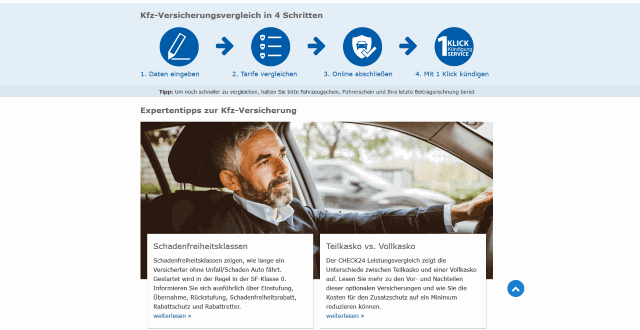Thriving in a World of Accelerated Skill Obsolescence: A Career Development Perspective
In an era where the shelf-life of skills is shrinking, understanding how to thrive amidst rapid skill obsolescence is crucial. This article delves into the significance of this trend, its implications on job markets, and strategies to remain competitive and relevant.

Skill Obsolescence: A Historical Perspective
In the past, a degree or a specific skill set was often sufficient to secure a job and sustain a career for several decades. However, this scenario has drastically changed in the 21st century. The advent of technology and the rise of artificial intelligence have significantly reduced the longevity of skills. Today, the half-life of a skill, which refers to the time span a skill remains current before it becomes outdated, is estimated to be around five years.
Current Job Market Trends and Implications
The increasing skill obsolescence is reshaping the job market. Employers are now more interested in an individual’s capacity to learn and adapt rather than their current skill set. This shift prioritizes continuous learning and adaptability, pushing professionals to regularly upgrade their skills.
Moreover, the rapid advancement of technology is rendering certain jobs redundant while creating completely new roles. This transformation necessitates reinventing one’s career periodically to stay relevant.
Strategies to Combat Skill Obsolescence
While the accelerating rate of skill obsolescence might seem daunting, there are strategies one can adopt to thrive in this dynamic environment.
Embrace a Growth Mindset
A growth mindset, the belief that abilities and intelligence can be developed through dedication and hard work, is invaluable in this era of rapid change. This mindset fosters a love for learning, resilience in the face of challenges, and the ability to view effort as a path to mastery.
Invest in Lifelong Learning
Lifelong learning is no longer a luxury but a necessity. Regularly upgrading skills and acquiring new ones is essential. One can leverage online learning platforms, attend workshops or conferences, or pursue further formal education.
Develop Soft Skills
While hard skills might become obsolete, soft skills such as critical thinking, emotional intelligence, leadership, and creativity have enduring value. These skills enhance employability and can be transferred across different roles and industries.
The Future of Work and Skill Obsolescence
As we navigate the future of work, skill obsolescence will continue to be a dominant trend. However, by adopting a growth mindset, committing to lifelong learning, and focusing on soft skills, individuals can not only survive but thrive in this dynamic job market. This proactive approach will ensure career longevity, satisfaction, and success in the age of accelerated skill obsolescence.




